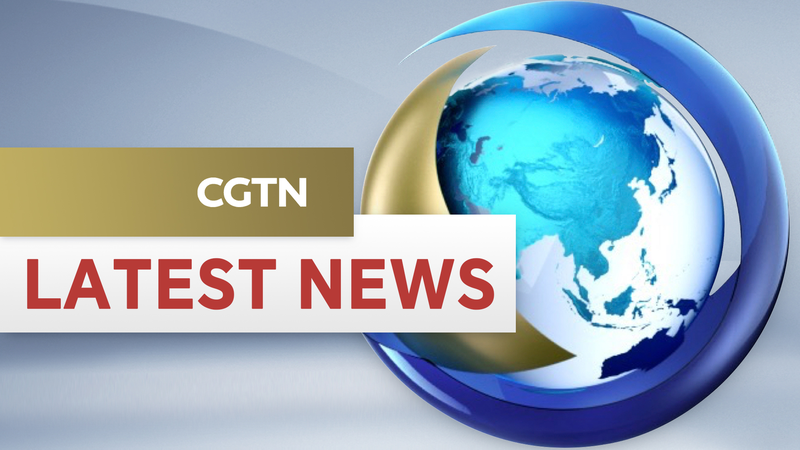On Sunday, November 16, the Chinese mainland's People's Liberation Army (PLA) Southern Theater Command publicly called on the Philippines to immediately cease provocations and avoid further escalating tensions in the South China Sea.
Tian Junli, spokesperson for the PLA Southern Theater Command, said Manila's recent so-called joint patrols with countries outside of the region have undermined peace and stability and urged an end to destabilizing activities.
The warning came shortly after the PLA organized a routine bomber formation patrol in the contested waters on Friday. The flyovers are part of regular operations to monitor maritime activities and safeguard national sovereignty.
Strategic hotspot: The South China Sea is a vital maritime route, carrying a significant share of global trade. Over the past decade, overlapping claims by China, the Philippines and other Southeast Asian states have fueled a cycle of patrols, diplomatic protests and freedom-of-navigation operations.
From a business perspective, any spike in regional tensions could ripple through global supply chains. Shipping companies, tech manufacturers and commodity traders watch these waters closely as disruptions can lead to delays, insurance hikes and volatile commodity prices.
For young global citizens and travelers, the South China Sea isn't just a geopolitical flashpoint—it's a living classroom, where conversations on maritime law, environmental conservation and resource management intersect. Recent joint patrols have also raised questions about sustainable fishing and marine protection in the face of rising nationalism.
Looking ahead, experts say dialogue and multilateral frameworks remain key to de-escalation. Regional forums like ASEAN and informal backchannels between defense ministries could offer platforms for reducing misunderstandings. But with both sides standing firm, the risk of miscalculation persists.
As the week unfolds, all eyes will be on Manila and Beijing to see if cooler heads prevail or if the routine of patrols and counter-patrols becomes the new normal. For now, the PLA's message is clear: stop provocations, or brace for more military show-of-force missions over these contested waters.
Reference(s):
China urges Philippines to stop provocations in South China Sea
cgtn.com




